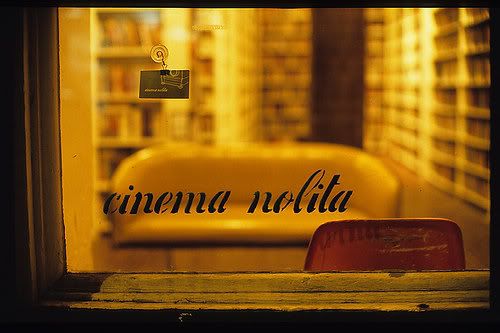Fare thee well Paul Newman.

We all gotta go sometime, but when someone like Paul Newman dies, memories of his films flood back to you like moments you experienced in life with a beloved uncle or a dear friend. Newman was a living legend, as iconic in the Hollywood mythology as Bogart, James Dean or Marilyn Monroe, and yet we felt as if we knew him. Like when one loses a friend, we can pick the one day or experience with said person that seems to resonate the most with us. For me, in regards to Mr. Newman, this could only be Butch Cassidy and the Sundance Kid.
A fantastic actionier, a poignant study of friendship, perhaps the seminal film of the sixies, but more than anything, it was the film that made me appreciate westerns. As a reclusive kid, I had never had a friend who was as close to me as Sundance was to Butch. These men respected each other's abilities and weaknesses and stuck together through to the very end. I thrilled at their boxcar-blasting, cliff-jumping hijinks, was heartwarmed by their tender relationship to Katherine Ross's Etta Place (has a love triangle ever been better explored on film? You can have your Jules and Jim, I'll always stick with "Raindrops Keep Falling on My Head") and shed tears at their last stand against the Bolivian army. For me, Butch Cassidy and the Sundance Kid is the film against which all other movies about male relationships are measured, which is in no small part due to Newman's nuanced performance - the sarcastic banter with Redford that masked his insecurity and the fear of obsoleteness.
If Newman had only made Butch and Sundance, he would still be a legend - but thankfully he graced us with many more amazing and iconic performances in The Hustler, Cool Hand Luke, and Hud. He displayed a brilliant talent for comedy in Slap Shot and the Coen Brothers' underrated The Hudsucker Proxy. He evolved with American film from a defiant young anti-hero with a fuck-you smirk on his blue-eyed face into an introspective, world-weary legend in his own time (see Robert Altman's brilliant Buffalo Bill and the Indians and John Huston's The Life and Times of Judge Roy Bean) and finally into a respected elder statesman of the pop cultural pyramid. Between managing his food products company, Newman's Own, which donated 100% of its profits to charity, he was still one of the few actors of his generation who resisted the urge to simply coast through roles in his autumn years.
Pure and simple, a great man, whom the world loved like an uncle and whose legacy will never be forgotten.


